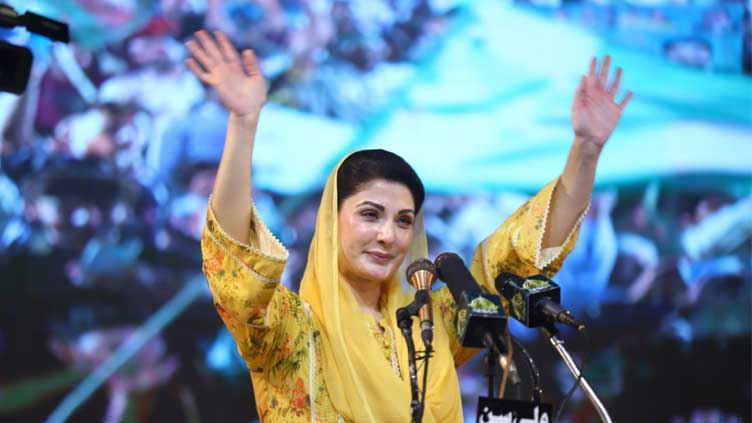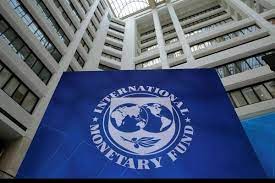Biography of Imran Khan
By Muhammad JuniadPublished On 04 Jan 2023
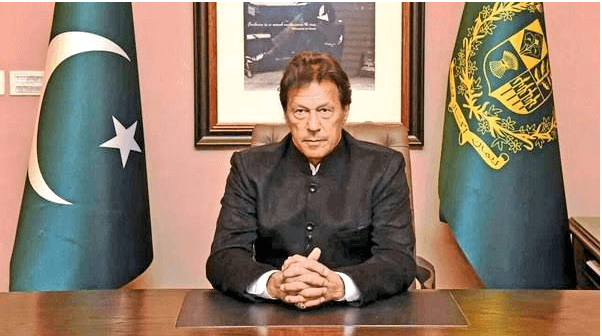
Biography of Imran Khan
Who is Imran Khan
Imran Ahmed Khan Niazi HI PP (brought into the World 5 October 1952) is the 22nd and current Prime Minister of Pakistan and the executive of the Pakistan Tehreek-e-Insaf (PTI). Before entering governmental issues. Khan was destined to a Pashtun family in Lahore in 1952 and moved on from Keble College, Oxford in 1975.
He started his global cricket vocation at age 18, in a 1971 Test arrangement against England. Khan played until 1992, filled in as the group's chief discontinuously somewhere in the range of 1982 and 1992, and won the Cricket World Cup, in what is Pakistan's sole triumph in the competition. Considered one of cricket's most prominent ever-rounders, Khan enlisted 3,807 runs and stepped through 362 wickets in Examination cricket and was accepted into the ICC Cricket Hall of Fame.
Early life and family
Khan was born in Lahore on 5 October 1952. He is the only son of Ikramullah Khan Niazi. Long settled in Mianwali in northwestern Punjab, his paternal family are of Pashtun ethnicity and belong to the Niazi tribe.
Imran khan is a quiet and shy boy in his youth, Khan grew up with his sisters in relatively affluent, upper-middle-class circumstances and received a privileged education. He was educated at the Aitchison College and Cathedral School in Lahore and then the Royal Grammar School Worcester in England, where he excelled at cricket. In 1972, he enrolled in Keble College, Oxford, where he studied Philosophy, Politics and Economics, graduating in 1975.
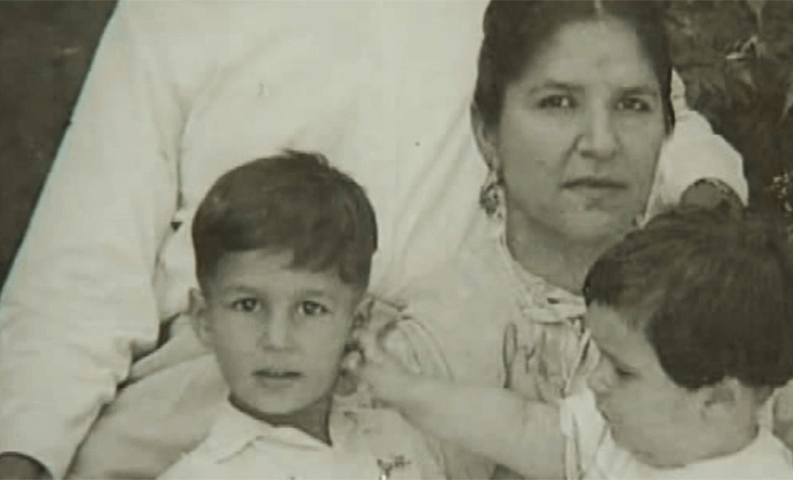
Cricket career
Khan made his top-of-the-line cricket debut at 16 years old in Lahore. By the beginning of the 1970s, he was playing for his host groups of Lahore A (1969–70), Lahore, Lahore Greens (1970–71), and, in the end, Lahore Khan was essential for the University of Oxford's Blues Cricket crew during the 1973–1975 seasons.
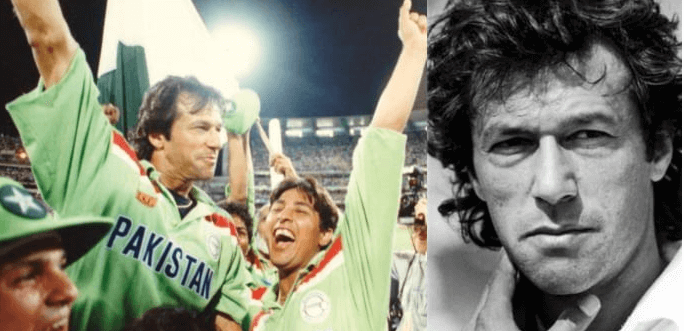
As a bowler, Khan at first bowled with a generally chest-on activity at medium-pace. Anyway, he endeavored to redesign his activity to a more traditional sort and reinforce his body to empower quick bowling.
Khan made his Test cricket debut against England in June 1971 at Edgbaston. After three years, in August 1974, he appeared in the One Day International (ODI) coordinate by playing against England at Trent Bridge for the Prudential Trophy.
In the wake of moving on from Oxford and completing his residency at Worcestershire, he got back to Pakistan in 1976 and got a perpetual put in his local public group beginning from the 1976–1977 season, during which they confronted New Zealand and Australia. Following the Australian arrangement, he visited the West Indies, where he met Tony Greig, who marked him up for Kerry Packer's World Series Cricket. His accreditations as perhaps the quickest bowler on the planet began to become set up when he completed third at 139.7 km/h in a quick bowling challenge at Perth in 1978, behind Jeff Thomson and Michael Holding, however, in front of Dennis Lillee, Garth Le Roux and Andy Roberts. During the last part of the 1970s, Khan was one of the
Captaincy
At the stature of his profession, in 1982, the thirty-year-old Khan assumed control over the captaincy of the Pakistan cricket crew from Javed Miandad. As a commander, Khan played 48 Test matches, of which Pakistan won 14, eight lost, and drew 26. He additionally played 139 ODIs, winning 77, losing 57, and finishing one out of a tie.
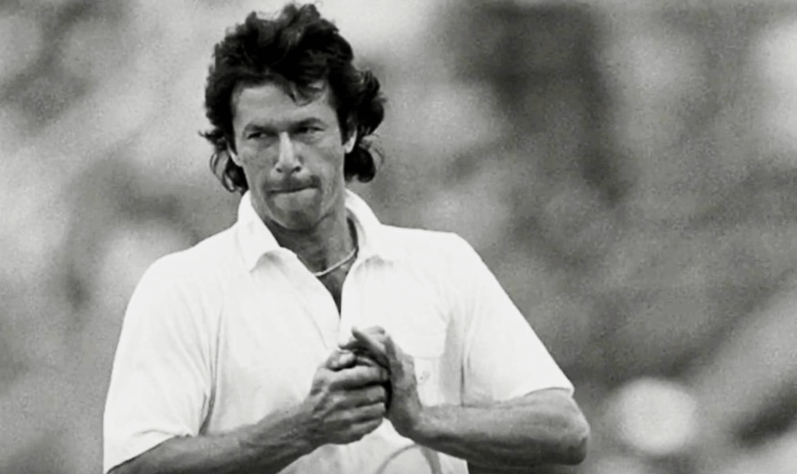
In the group's subsequent match, Khan drove them to their first Test win on English soil for a very long time at Lord's. Khan's first year as commander was his heritage's pinnacle as a quick bowler, just as an all-rounder. He recorded his vocation's best Test bowling while taking eight wickets for 58 runs against Sri Lanka at Lahore in 1981–1982. He likewise bested both the bowling and batting midpoints against England in three Test arrangement in 1982, taking 21 wickets and averaging 56 with the bat. Later the exact year, he set up a profoundly recognized execution in a home arrangement against the considerable Indian group by taking 40 wickets in six Tests at a normal of 13.95. Before the finish of this arrangement in 1982–1983, Khan took 88 wickets in 13 Test matches over one year as chief. This equivalent Test arrangement against India, notwithstanding, additionally brought about a pressure crack in his shin that kept him out of cricket for over two years. A test treatment financed by the Pakistani government-assisted him with recuperating the finish of 1984, and he made a fruitful rebound to global cricket in the last piece of the 1984–1985 season.
Post-retirement
Khan commented that there was ball altering during his initial cricketing days when playing homegrown cricket in the wake of resigning. Khan had said that, during matches, he "infrequently scratched the side of the ball and lifted the crease." However, Khan protected his activities in a similar meeting, contending his direct was ordinary at that point, even that turn bowlers would lift the crease (for example, gently ball alter), further Khan contended that as he didn't lift the crease of the ball over the ordinary level, he was not disregarding the principles and soul of the game inside the guidelines characterized while he was a player.
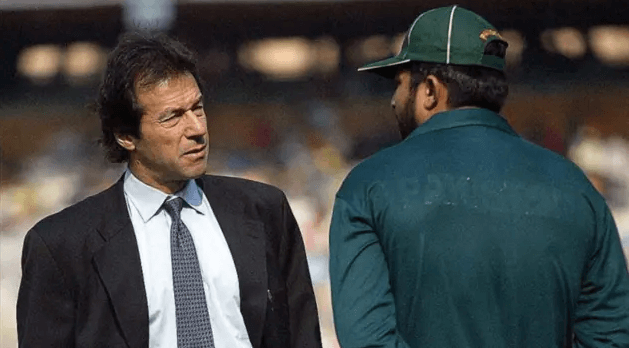
Further, Khan contended that umpires in his 21 years of cricket had not griped about his direct; Khan commented that "The sole appointed authority of reasonable and uncalled for play on the cricket field is the umpire". He had likewise added, "Just once did I utilize an article. When Sussex was playing Hampshire in 1981, the ball was not going astray by any means. I got the twelfth man to draw out a container top, and it began to move around a great deal." In 1996, Khan effectively guarded himself in a criticism activity delivered by previous English skipper, and all-rounder Ian Botham and batsman Allan Lamb over remarks they asserted were made by Khan in two articles about the previously mentioned ball-altering and another article distributed in an Indian magazine.
India Today. They asserted that, in the last distribution, Khan had called the two cricketers "bigot, not well instructed and ailing in class." Khan fought that he had been misquoted, saying that he was protecting himself in the wake of having conceded that he altered a ball in an area coordinate 18 years prior. Khan won the criticism case, which the appointed authority named a "total pointless activity", with a 10–2 lion's share choice by the jury. Likewise, Khan had filled in as a homegrown class mentor.
Political ideology
Putting together his more extensive worldview concerning the artist rationalist Muhammad Iqbal and the Iranian essayist humanist Ali Shariati he ran over in his childhood, Khan is, for the most part, portrayed as a patriot and an egalitarian. Khan's broadcasted political stage and assertions include Islamic qualities, to which he rededicated himself during the 1990s; liberal financial aspects, with the guarantee of liberating the economy and making a government assistance state; diminished administration and the execution of hostile to defilement laws, to make and guarantee a spotless government; the foundation of a free legal executive; update of the nation's police framework; and an enemy of assailant vision for a majority rule Pakistan.
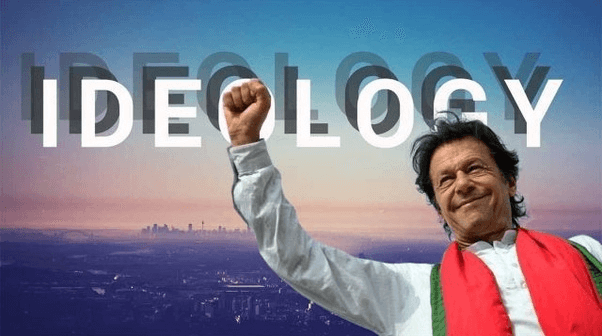
In August 2012, the Pakistani Taliban gave passing dangers if he proceeded with his walk to their ancestral fortress along the Afghan line to fight US drone assaults, since he considers himself a "liberal", a term they partner with an absence of strict conviction. On 1 October 2012, preceding his arrangement to address an assembly in South Waziristan, senior officers of Pakistani Taliban said after a gathering headed by the Taliban chief Hakimullah Mehsud that they currently offered Khan security help for the meeting on account of Khan's resistance to ramble assaults in Pakistan, switching their past position.
In 2014, when the Pakistani Taliban declared equipped to battle against Ismaili Muslims (condemning them as non-Muslims) and the Kalash public, Khan delivered an articulation depicting "constrained changes as un-Islamic". He has additionally denounced the occurrences of constrained change of Hindu young ladies in Sindh. Khan sees the Kashmir issue as a compassionate issue rather than a regional debate between two nations (India and Pakistan). He likewise proposed secret converses to settle the issue as he might suspect the personal stakes on the two sides will attempt to sabotage them. He precluded a military answer for the contention and prevented the chance of getting a fourth battle among India and Pakistan over the contested precipitous district.
Political career
Initial years
Khan was offered a political position a few times during his cricketing career. In 1987, then-President Muhammad Zia-ul-Haq offered him a political position in Pakistan Muslim League (PML). Nawaz Sharif also invited him to join his political party. Khan upheld General Pervez Musharraf's military overthrow in 1999, trusting Musharraf would "end defilement, clear out the political mafias". As indicated by Khan, he was Musharraf's decision for head administrator in 2002
On 6 May 2005, Khan was referenced in The New Yorker just like the "most straightforwardly mindful" for attracting consideration the Muslim World to the Newsweek anecdote about the supposed tainting of the Qur'an in a US military jail at the Guantánamo Bay Naval Base in Cuba. In June 2007, Khan confronted political adversaries in and outside the Parliament.

On 2 October 2007, as a component of the All Parties Democratic Movement, Khan joined 85 different MPs to leave Parliament in dissent of the official political decision booked for 6 October, which general Musharraf was challenging without leaving as armed force boss. On 3 November 2007, Khan was put under house capture after president Musharraf proclaimed a highly sensitive Pakistan situation.
Later, Khan got away and remained in isolation. He ultimately emerged from stowing away on 14 November to join an understudy fight at the University of Punjab. At the convention, Khan was caught by understudy activists from the Islami Jamiat-e-Talaba and generally treated. He was captured during the dissent and was shipped off the Dera Ghazi Khan prison in the Punjab territory, where he put in a couple of days before being delivered.
On 30 October 2011, Khan tended to more than 100,000 allies in Lahore, testing the approaches of the public authority, considering that new change a "tidal wave" against the decision parties, another effective public social occasion of a huge number of allies was held in Karachi on 25 December 2011. Khan turned into a genuine danger to the decision parties and a future political possibility in Pakistan from that point forward. As indicated by an International Republican Institute's study, Khan's Pakistan Tehreek-e-Insaf tops the rundown of mainstream parties in Pakistan both at the public and commonplace level.
In opposition
2014 Azadi march, Pervez Khattak administration, Khyber Pakhtunkhwa Investment Roadshow, and Panama Papers case. Khan-led Pakistan Tehreek-e-Insaf became the opposition party in Punjab and Sindh. Khan became the parliamentary leader of his party.
On 13 November 2013, Khan, being party leader, ordered Pervez Khattak to dismiss ministers of Qaumi Watan Party (QWP) who were allegedly involved in corruption. A year after the elections, on 11 May 2014, Khan alleged that the 2013 general elections rigged in favour of the ruling PML (N).
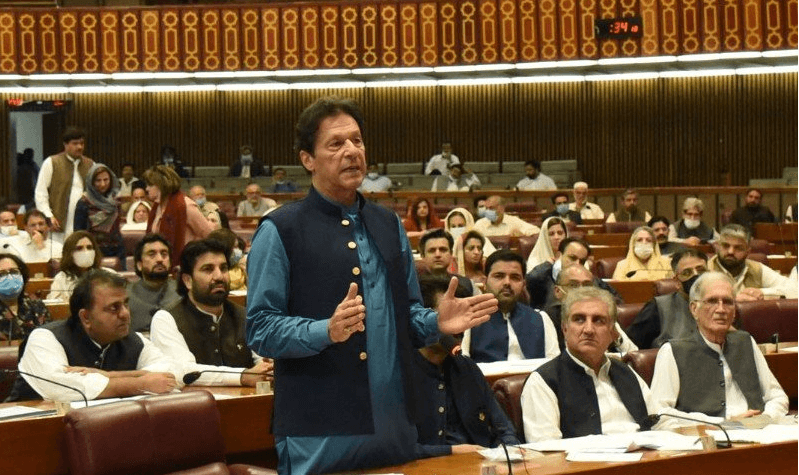
On 14 August 2014, Imran Khan led a rally of Lahore supporters to Islamabad, demanding Prime Minister Nawaz Sharif's resignation and investigation into alleged electoral fraud. On its way to the capital, Khan's convoy was attacked by stones from PML (N) supporters in Gujranwala; however, there were no fatalities. Khan was reported to be attacked with guns which forced him to travel in a bullet-proof vehicle.
On 15 August, Khan-led protesters entered the capital and a few days later marched into the high-security Red Zone; on 1 September 2014, according to Al Jazeera, protesters attempted to storm Prime Minister Nawaz Sharif's official residence, which prompted the outbreak of violence. Three people died, and more than 595 people were injured, including 115 police officers. Before the violence that resulted in deaths, Khan asked his followers to take the law into their own hands.
By September, Khan had entered into a de facto alliance with Canadian-Pakistani cleric Muhammad Tahir-ul-Qadri; both have aimed to mobilize their supporters for regime change. Khan agreed with the Sharif administration to establish a three-member high-powered judicial commission.
Which would be formed under a presidential ordinance. The commission would make its final report public. Suppose the commission finds a country-wide pattern of rigging proved. In that case, the prime minister will dissolve the national and provincial assemblies in terms of the articles 58(1) and 112(1) of the Constitution – thereby meaning that the premier would also appoint the caretaker setup in consultation with the leader of the opposition and fresh elections would be held. He also met Syed Mustafa Kamal when he was in the opposition.
Prime Minister of Pakistan
On 17 August 2018, Khan secured 176 votes and became 22nd Prime Minister of Pakistan and took office on 18 August 2018. Khan ordered top-level reshuffling in the country's bureaucracy, including Sohail Mahmood's appointment as Foreign Secretary, Rizwan Ahmed as Maritime Secretary, and Naveed Kamran Baloch as Finance Secretary. His first major appointment in the Pakistan Army was Lieutenant General Asim Munir to the key slot of Director-General of Inter-Services Intelligence.
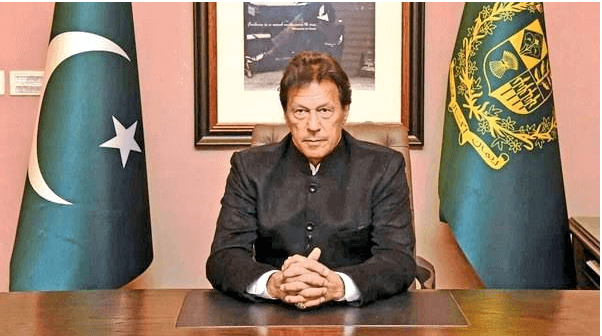
Khan announced his cabinet soon after taking the oath, choosing to keep the Ministry of Interior to himself. Though he later appointed Ijaz Ahmed Shah as interior minister. Many of his appointees were previously ministers during the Musharraf era, although some were defectors from the left-wing People's Party. In 2019 Khan committed to a major cabinet reshuffle in the interior, finance, information, and planning ministries.
Wealth
Net worth
In 2012, Khan had total assets of ₨22.9 million (US$140,000), which diminished to ₨14 million (US$87,000) in the political race year 2013 and afterward steadily expanded to ₨33.3 million (US$210,000) in 2014.[citation needed] In 2015, Khan's resources were esteemed ₨1.33 billion (US$8.3 million). Starting in 2017, his total assets is ₨1.4 billion (US$8.7 million).
Assets
Khan possesses a 300 Kanal house in Bani Gala, Islamabad, worth ₨750 million (US$4.7 million). He has a house in Zaman Park, Lahore worth ₨29 million (US$180,000). Khan has additionally been a financial backer, contributing more than ₨40 million (US$250,000) in different organizations. He is likewise proprietor of a farming place known for 39 kanals at Talhar, Islamabad, and 530 Kanal at Khanewal. Further, he additionally has an offer in 363 canals of rural land, which he acquired.
Different resources incorporate furniture of ₨0.6 million (US$3,700) and animals of ₨0.2 million (US$1,200). Anyway, he has no vehicle enlisted in his name.
Tax
In July 2017, the Federal Board of Revenue Pakistan revealed the tax directory of Pakistani MP's. According to FBR, Khan paid ₨76,200 (US$480) of tax in 2015 and ₨1.59 lakh (US$990) in 2016.
Awards and honours
Imran Khan is a Pakistani legislator and the current Prime Minister of Pakistan. Before joining legislative issues, Khan was a cricket player. He was the skipper of the Pakistan public cricket crew, which won the 1992 Cricket World Cup. After retirement, Khan began charity work. In 1996, Khan established the Pakistan Tehreek-e-Insaf (PTI) party.
In 1983, he was perceived by Wisden Cricketers' Almanac as the Wisden Cricketer of the Year. In 2010, he was enlisted into the International Cricket Council's Hall of Fame. During his cricketing profession, he got various Player of the Match grants. He got the honours on eleven events, out of which he got five against the Windies cricket crew.
Khan has additionally been known in generosity and is the originator of two malignant growth clinics and science, innovation, designing, and arithmetic (STEM) Subjects College. He has also gotten the privileged association of Royal College of Physicians of Edinburgh for his administrations concerning malignancy patients' therapy in Pakistan. He was likewise drafted in the Oxford University Hall of Fame.
Philanthropy and politics
Office
Pakistan Tehreek-e-Insaf party, founder and chairman.
Shaukat Khanum Memorial Cancer Hospital & Research Centre, founder, and chairman of the board of governors.
Namal College, president.
UNICEF, special representative for sports, (Promotion of health and immunization programs in Bangladesh, Pakistan, Sri Lanka, and Thailand).
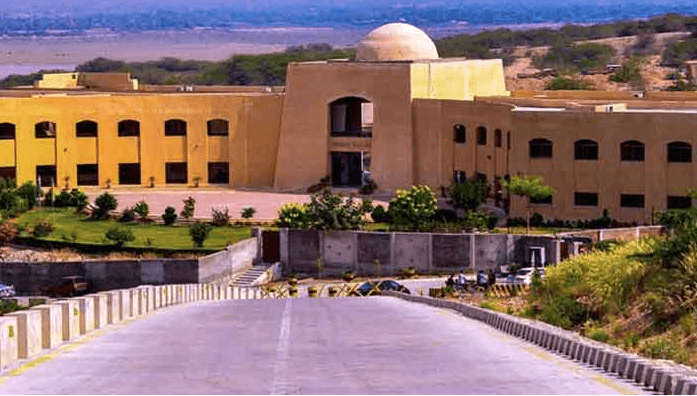
Honours
Oxford University Hall of Fame.
- Keble College, Oxford, honorary fellow.
- Lifetime achievement award, Asian jewel awards, London, 8 July 2004. ("Acting as a figurehead for many international charities, and working passionately and extensively in fund-raising activities.")
- Humanitarian Award, Asian sports awards, Kuala Lumpur, 13 December 2007. (Founding the first cancer hospital in Pakistan.)
- Jinnah award, 2011.
- Royal College of Physicians of Edinburgh, honorary fellowship, 28 July 2012. (Services for cancer treatment in Pakistan through the Shaukat Khanum Memorial Cancer Hospital and Research Centre).
- In 2019, he was named one of Time magazine's 100 Most Influential People in the World.
- The 500 Most Influential Muslims recognized Khan as the World's 16th most influential Muslim in their 2020 version.

